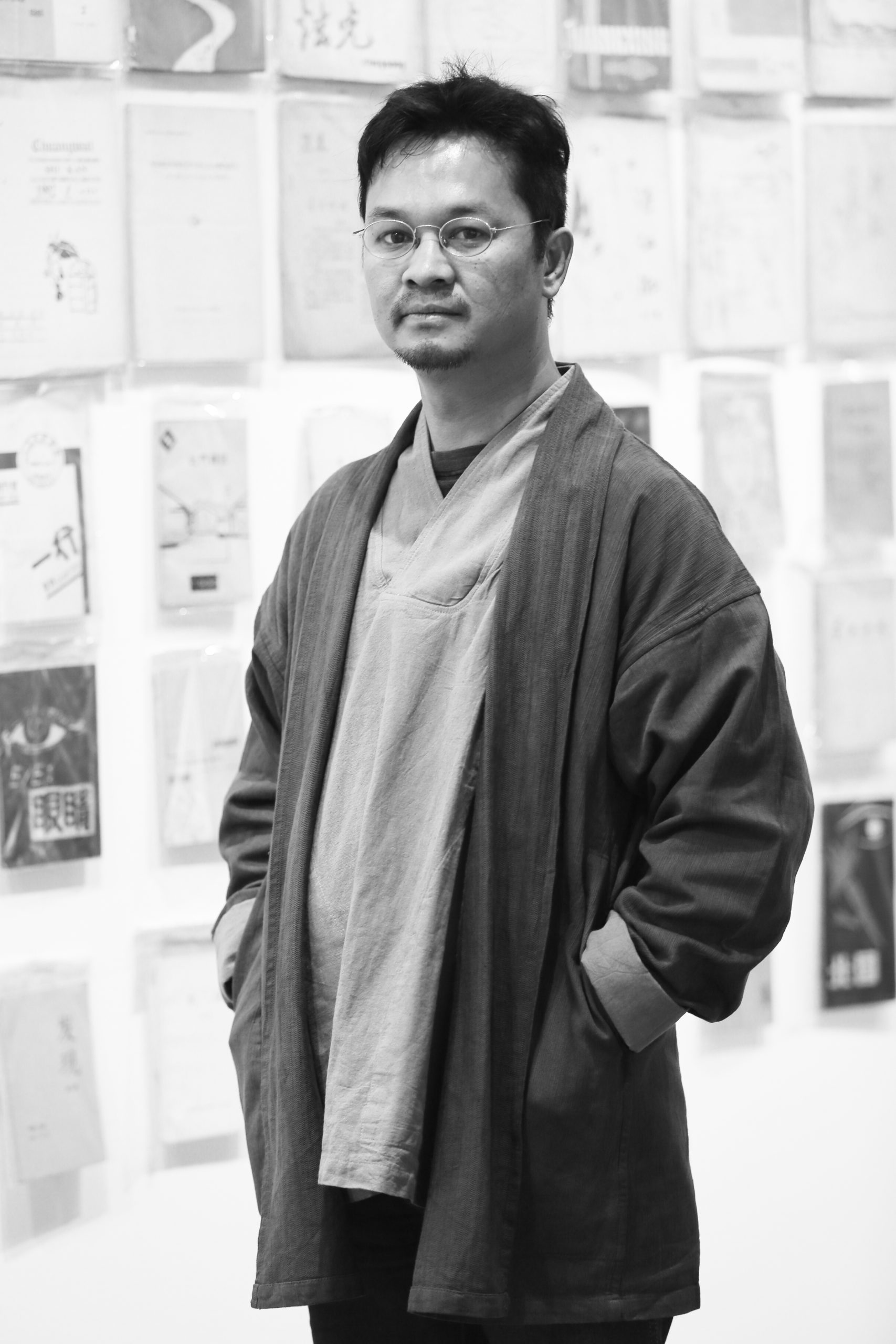Ko Ko Thett translated from Burmese
Oral history
In our land of plenty,
since the night the head of the Regal Chinthe,
who, locals believed, was destined to leap over
to the other side of the Irrawaddy, vanished,
the unripe fell before the ripe,
mudslide-landslides supervened,
nat spirits became unworshippable,
in libation, gallons of good water
were poured out onto a sandy beach,
people, already down on their luck,
were elbowed by thieves,
like the flames of the forest pecked out by parrots,
politics turned fiery.
In such precarity,
our love for loka dimmed.
Some of us, in desperate attempts
to restore balance,
would stand on the gunwales of life, but
strife wouldn’t end.
Sagaing earthenware
To gauge the tide
they will cut a dah mark
on the hull of their vessel.
There is militancy
in that authenticity.
Give any pot a good pat.
It must ring, ‘Ding, Ding.’
If it cracks, you don’t pay.
They bet on their pride —
their lives, earthen-fragile.
Water under the bridge
Rain or no rain,
the river remains murky,
rapids strong.
A while back,
a lass jumped off
the arch bridge.
The river has yet to yield
her body.
Lives are tied, like bamboo rafts.
Unlike bamboo, human bond will snap
if one is set adrift.
We continue to bathe under the bridge.
Cry out, if you must,
from this shore to the other.
Vast is the river —
no one will hear us.
Selfie of a saint
Because I’ve always been on
a fire-free diet; I subsist on
only fruits and vegetables,
my skin gets translucent,
my virtuous gizzards visible.
I am what I preach: ’Wounds
black and white are more colourful
than technicolor bruises.’
I am not into karaoke. If you find me
at a gogi-jip, you won’t find me
flirting with servers,
the age of my grandchildren.
I am a cave-dwelling ascetic.
I’ve honed the solitary skills as a goalie
in my previous incarnations.
I will not reveal my face, lest
you make my grace into a religious icon.
Only when the parents of this nation
build a new parliament, stupa or temple,
I will go out of my way—
to consecrate the all-important monument.
What’s in my go bag for the apocalypse
Sticks of khao lam,
dried mudfish, dried tofu, dried mango
and drinking water.
A mosquito- and bear-repellent sleeping bag,
a multi-tool, t-shirts, socks, undies, pullover,
hiking poles and tissue rolls.
Painkillers and other meds.
A bicycle helmet, just in case.
The following note in world languages:
“In the event of a major injury or cardiac arrest,
please do not resuscitate.”
As for the rest, I will leave you—
guessing.
Ars Poetica
—translated from the Burmese by Wendy Law-Yone
Such problem kids
These poems of mine
They never toe the line
Going off in unmarked directions
To futures uncertain
I wonder if it has to do with climate emergency
High-risk pregnancies all, they’re likely to miscarry
Leaving me nevertheless their single parent
They’re loveable of course, up to a point:
Keeping me up nights, bags under my eyes from all that bawling
For all the tender loving care that goes into their feeds
All I get is eeughs and ughs
I don’t like this, I don’t like that
Then they wet their bed
When they learn to talk, it’s only to talk back at me
The adolescent has already started sneaking the boyfriend into her bedroom
The older one has gone from secret smokes to secret tokes
The middle one is a fool for every new fad and fashion, none of it free
Not one of these offspring can make ends meet
Let alone hope to provide for me in my dotage
The worst of the lot are political
They’re all over the place, siblings in arms
Unable to tell which end is up
Doing their bit for democracy and whatnot
If I were a nation, I’d wager that these problem children
are not only out in the streets, demonstrating,
but deep in the jungles, agitating
Before this poem gets too big for its boots
I’d better abort it
Ko Ko Thett’s heart language is Burmese, but he often dunks himself in the discomfort of English. He has published and edited twelve poetry collections and translations in both Burmese and English, and taken part in a number of literary festivals, from Sharjah to Shanghai. His poems are widely published and translated. His translation work has been recognised with an English PEN Translates Award. Ko Ko Thett’s most recent poetry collection Bamboophobia (Zephyr Press, 2022) has been shortlisted for the Walcott Prize. He lives in Norwich, UK.

“Our idea in calling this the ‘Translator’s Page’ is to show the ways and/or languages in which a translator works. Monthly posts may include translations from different languages and styles and centuries. The connective thread between them is the ability of the translator to interpret cultures and time periods for the contemporary reader.”
—Jonathan Wells, curator of The Translator’s Page